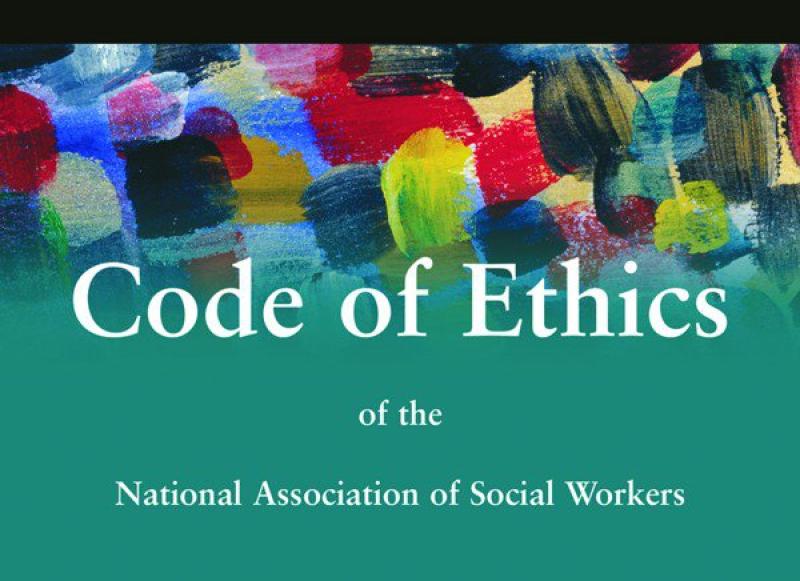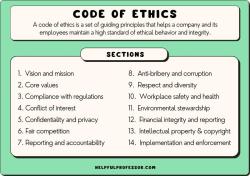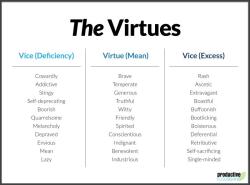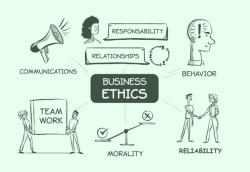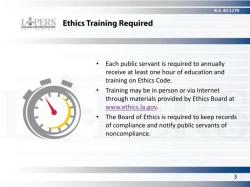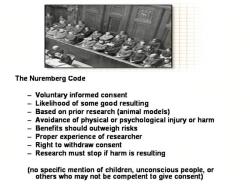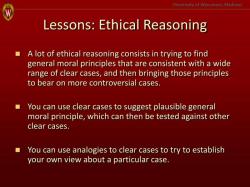What is the NASW Code of ethics program?
The NASW Code of Ethics program refers to the set of ethical guidelines and principles established by the National Association of Social Workers (NASW) for social workers in the United States. The NASW Code of Ethics is a comprehensive document that outlines the values, principles, and standards of the social work profession. It serves as a guide for social workers in their professional conduct and decision-making.
Here is an overview of the NASW Code of Ethics program:
Purpose:
The primary purpose of the NASW Code of Ethics is to provide a common set of values, principles, and standards to guide social workers in their professional practice. It is designed to help social workers navigate ethical dilemmas, uphold the integrity of the profession, and prioritize the well-being of their clients.
Core Values:
The NASW Code of Ethics is based on six core values:
- Service: Social workers' primary goal is to help people in need and to address social problems.
- Social Justice: Social workers challenge social injustice and work towards a fair and equitable distribution of resources and opportunities.
- Dignity and Worth of the Person: Social workers respect the inherent dignity and worth of each individual.
- Importance of Human Relationships: Social workers recognize the central importance of human relationships and work to strengthen them.
- Integrity: Social workers behave in a trustworthy manner, uphold professional standards, and act honestly and responsibly.
- Competence: Social workers strive to maintain high levels of professional competence and continually enhance their skills.
Ethical Principles:
The NASW Code of Ethics includes four ethical principles:
- Autonomy: Social workers respect clients' right to make their own decisions.
- Nonmaleficence: Social workers strive to do no harm.
- Beneficence: Social workers work to benefit their clients and promote their well-being.
- Justice: Social workers are committed to promoting social and economic justice.
Standards:
The Code of Ethics also includes specific ethical standards that guide social workers in their day-to-day practice. These standards cover areas such as confidentiality, informed consent, professional competence, cultural competence, and ethical decision-making.
Implementation and Education:
The NASW Code of Ethics is not just a document; it represents a commitment to ethical practice. Social workers are encouraged to engage in ongoing education and training related to ethics, seek supervision, and consult with colleagues when facing ethical challenges.
Social work education programs often integrate the NASW Code of Ethics into their curricula, and social workers are expected to be familiar with and adhere to these ethical guidelines throughout their careers.
It's important to note that the NASW Code of Ethics is a living document that is periodically reviewed and updated to reflect changes in the profession and society. Social workers are encouraged to stay informed about revisions to the Code and to actively apply its principles in their practice.
What does the NASW Code of Ethics program entail?
The NASW Code of Ethics program is not a standalone course or program, but rather a set of ethical principles and standards that guide the professional conduct of social workers. It's embedded within social work education, training, and practice. Here's how it's integrated:
1. Education:
- Mandatory Coverage: All accredited social work programs must incorporate the NASW Code of Ethics into their curricula. Students are expected to learn the core values, ethical principles, and specific standards outlined in the Code.
- Coursework and Assignments: Ethics-related courses, discussions, case studies, and assignments ensure students engage with the Code and apply it to practice scenarios.
2. Training:
- Continuing Education: Licensed social workers are required to complete a certain number of continuing education credits annually, and many of these courses address ethical issues and the Code's application in practice.
- Supervision and Consultation: Ongoing supervision and consultation with experienced social workers provide opportunities to discuss ethical dilemmas, seek guidance, and deepen understanding of the Code.
3. Practice:
- Ethical Decision-Making: Social workers routinely use the Code to guide their decision-making in practice, ensuring their actions align with ethical principles and standards.
- Ethics Committees: Professional organizations and agencies often have ethics committees that provide guidance, investigate potential ethical violations, and offer education and resources related to the Code.
Key Components of the NASW Code of Ethics:
- Core Values: Six core values underpin the Code: service, social justice, dignity and worth of the person, importance of human relationships, integrity, and competence.
- Ethical Principles: These broad ethical concepts guide social workers' conduct: social workers' ethical responsibilities to clients, to colleagues, to practice settings, to the profession, and to society.
- Specific Standards: These provide more detailed guidance on ethical behavior in various practice areas, such as client relationships, confidentiality, informed consent, cultural competence, conflict of interest, and professional competence.
Overall, the NASW Code of Ethics is a comprehensive guide that informs social workers' ethical decision-making, professional conduct, and commitment to social justice and service. It's integrated into education, training, and practice to ensure ethical practice and uphold the profession's core values.
